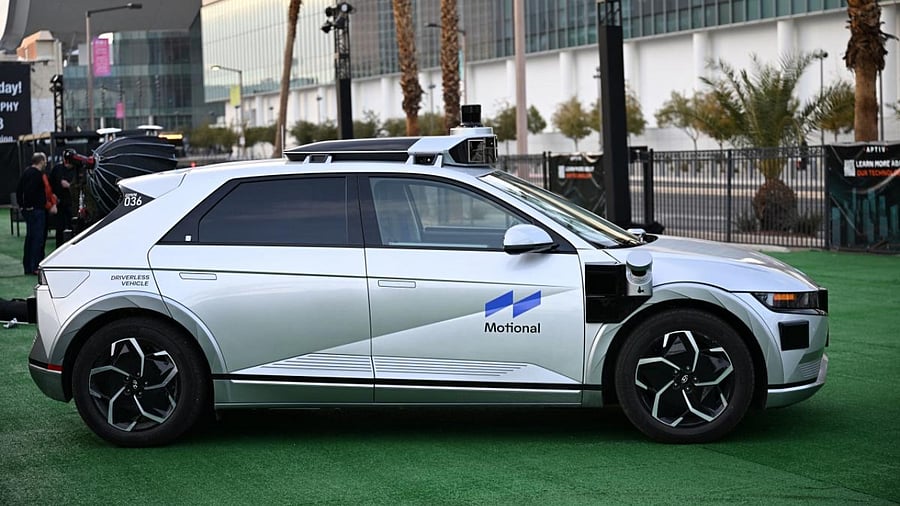
Crowds of techies will descend on Las Vegas this week for the annual CES technology mega-show, but one innovation may again fall short of long-held hopes: driverless cars.
Autonomous vehicles have long been pitched as the new dawn of transportation and the world's biggest tech companies have poured billions of dollars into being ready.
Despite steady advances, however, robo-travel has yet to take over the open roads, with even Elon Musk's best-selling Teslas requiring "a fully attentive driver", despite the billionaire's assurances his cars will soon be autonomous.
Waymo, a subsidiary of Google-parent Alphabet, has been offering driverless rides to the general public in Phoenix, Arizona, since 2020, but on very defined roads.
Cruise, a unit of General Motors, in June was the first to get approval to carry paying passengers in robo-taxis in San Francisco, a hilly city with more complicated traffic patterns, but initially only at night and within a limited zone.
In Las Vegas - where close to 100,000 convention goers were expected for the CES expo - unmanned Ubers began hitting the streets last month in a venture with the company Motional, but always with a human on board, just in case.
"Any company that removes its safety drivers, that is a big deal," said Bryant Walker Smith, a law professor who specializes in autonomous vehicles at the University of South Carolina.
Several incidents with Cruise's vehicles have been reported and the US road safety agency (NHTSA) has opened an investigation.
For experts, the software will be perfected over time and the ubiquity of driverless cars is only a matter of time.
"The real big question going forward is scalability. How fast does it take for a company to replicate in another city like Los Angeles, like Minneapolis where it snows a lot. Are you reinventing the wheel every time or does it get easier?" said Smith.
While many automakers are working on autonomous driving, others have scaled back their ambitions and focused on assistance tools such as speed control, lane changing or parking assistance.
US auto giant Ford decided in October to sell its stakes in the autonomous driving company Argo AI, saying it preferred to prioritize less ambitious technologies.
Tesla CEO Musk has regularly promised that a fully autonomous vehicle is just around the corner, but his cars still only feature "driving assistance" and not full autonomy that would allow drivers to look away from the road.